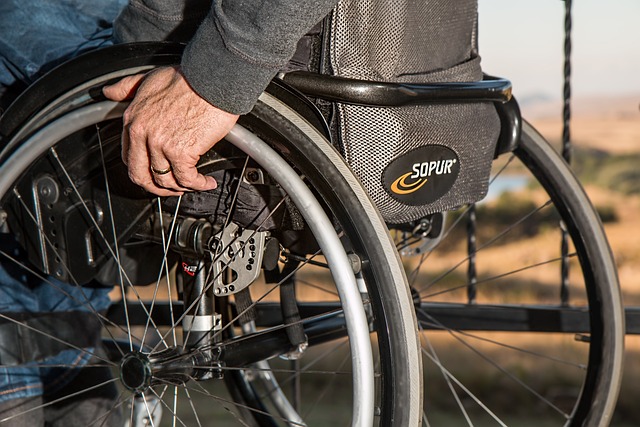Oregon provides comprehensive legal support for child welfare cases through dedicated organizations offering free or low-cost aid. These services empower families and advocates to navigate complex legal processes, ensuring justice and the best interests of vulnerable children. Eligibility is based on financial need, with programs like Legal Aid Services of Oregon (LASO) offering guidance from initial case preparation to hearing representation. Accessing these resources involves identifying needs, checking with relevant associations, and utilizing online directories or hotlines dedicated to child welfare legal aid.
“In Oregon, understanding and accessing effective legal support mechanisms is pivotal in safeguarding the rights of children involved in welfare cases. This article delves into the intricate world of legal aid for child welfare, exploring essential components that form the backbone of Oregon’s protective services. From qualifying for legal assistance to navigating available resources, we uncover the steps necessary to ensure fair representation and favorable outcomes. Discover how Oregon’s legal support network fosters a more robust system in promoting the well-being of vulnerable children.”
- Understanding Legal Support Mechanisms in Oregon Child Welfare
- Who Qualifies for Child Welfare Legal Aid in Oregon?
- Accessing and Navigating Oregon's Legal Assistance Services for Child Welfare Cases
Understanding Legal Support Mechanisms in Oregon Child Welfare

Understanding Legal Support Mechanisms in Oregon Child Welfare is a vital step for ensuring justice and protection for vulnerable children. The state offers a range of legal support services designed to assist families, guardians, and advocates navigating the complex child welfare system. These resources include legal aid organizations dedicated to providing free or low-cost legal assistance to those involved in child protective proceedings.
Oregon’s legal support mechanisms are tailored to meet the unique needs of child welfare cases. They offer guidance on rights, obligations, and available options, empowering individuals to actively participate in their legal processes. With access to these legal resources, families can better understand their circumstances, challenge unfair practices, and ultimately advocate for the best interests of their children.
Who Qualifies for Child Welfare Legal Aid in Oregon?

Child welfare legal aid in Oregon is designed to support individuals and families involved in child protective proceedings. Eligibility for these services is based on financial need, with a focus on ensuring fair representation for all parties involved. Qualifies recipients typically include parents, guardians, or extended family members who are facing potential termination of parental rights or adoption proceedings.
To receive legal aid, applicants must demonstrate financial eligibility and have a case that falls under the jurisdiction of child welfare services in Oregon. These services aim to navigate the complex legal system on behalf of those who might otherwise struggle to access justice, providing vital legal support throughout the entire process.
Accessing and Navigating Oregon's Legal Assistance Services for Child Welfare Cases

Accessing and navigating Oregon’s legal assistance services for child welfare cases can seem daunting, but several organized programs offer comprehensive support to parents, guardians, and advocates involved in these proceedings. Organizations like Legal Aid Services of Oregon (LASO) specialize in providing free or low-cost legal aid, ensuring that all parties have equal access to representation and resources. LASO’s services cover a wide range, from assisting with initial case preparation to representing clients at hearings and advocating for their rights throughout the process.
Navigating these legal support services begins with identifying the appropriate organization based on one’s specific needs and eligibility. The Oregon Department of Human Services (DHS) can guide individuals to the right resources, while local bar associations often maintain lists of pro bono or affordable legal aid providers. Online directories and hotlines dedicated to legal assistance in child welfare cases further simplify access, ensuring that no one faces these complex proceedings alone.
